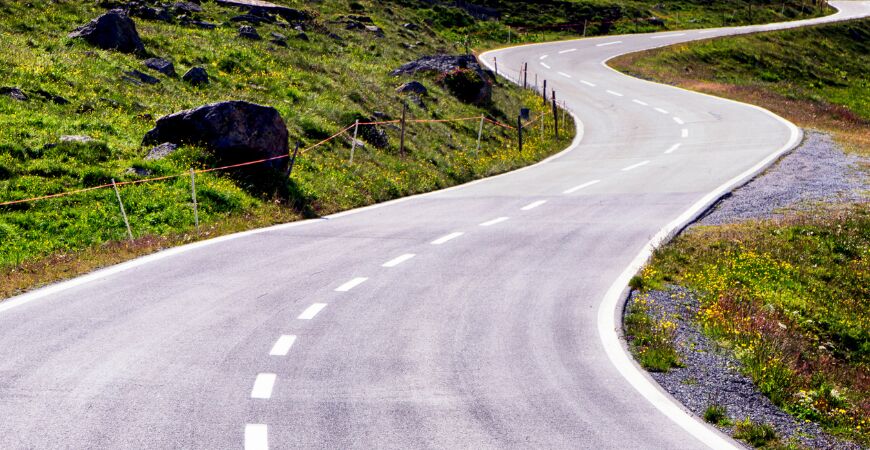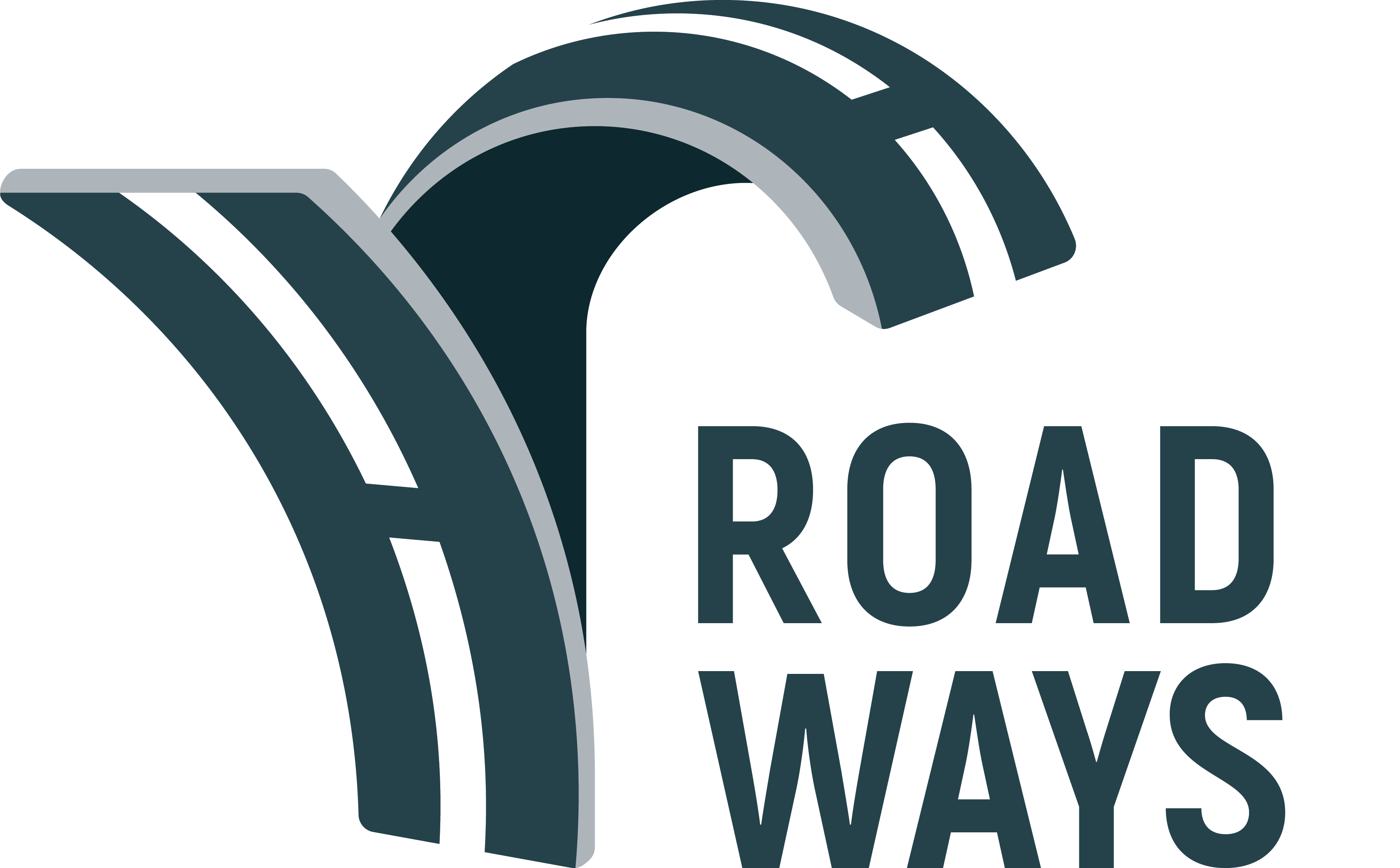

Mon 28 / 03 / 22
An easy way to save 3.5 billion car kilometres of CO2 per year
Sponsors of this month's Big Debate on Net Zero, Roadways, share some of their findings from a recent paper - a collaboration with the University of Brighton.
By
Cement alone is globally responsible for 8% of man-made CO2 emissions. It’s easy to cut this by 30% with no operational compromises or extra cost. It’s a complete no brainer basically.
Many of us are really passionate about finding carbon savings but don’t take a step back and find the items that offer the biggest carbon saving “bang for the buck”. Even if they aren’t directly responsible for the emissions they can still prioritise them for action and have a big influence across their wider supply chain.
We need to be wary that carbon saving does not become subject to fashions or media driven herd thinking. This could lead to a concentration of focus on certain areas that might just represent the tip of the carbon saving iceberg.
Concrete is not media friendly, it’s typically buried in the ground or clad over. However a single truck load of concrete has as much CO2 as driving half way round the world!
Roadways and the University of Brighton argue that the UK’s default concrete mix should be a cheaper and readily available one: that’s a mix with 30% GGBS. GGBS is a low carbon, circular economy, cement. It’s stocked in all major concrete plants because of the special chemical properties it has.
Whilst maintaining national, city centre and county road networks Roadways were perplexed that most of the carbon reduction focus was on Scope 1 emissions. That could mean that:
- Highways maintenance operations were measuring the miles driven or engine idling times but not the embedded carbon of the materials being delivered and used
- Houses were being built with amazing levels of thermal insulation but on high carbon concrete foundations and with high CO2 hot asphalt roads
- Hydrogen powered busses were being deployed into new bus stations built on very high carbon concrete parking areas
The above examples represent a problem in getting to Net Zero. They could all be represented by an iceberg. Where the largest potential for carbon savings exists under the visible water line. Or in more technical language as Scope 3 emissions.
Of all the materials that Roadway’s works with they identified concrete as having by far the worst carbon footprint. They set about looking for lower carbon alternatives. They researched many cutting edge solutions but were put off by the cost and secrecy around some of the “magical new ingredients”.
James Bailey, Roadways’ Chief Executive said “I couldn’t believe it when we came across GGBS! It’s a totally open source solution: proven technology since Roman times, already explicitly quality assured via British Standards. It’s widely available, cheaper and stronger than regular cement”.
Sadly however there has been great inertia in the industry for clients to request low carbon concrete in their requirements, for designers to specify it or for contractors and producers to propose this material.
Roadways are now trying to raise awareness of this really exciting carbon saving opportunity. They've recently invested in plant and equipment to become the only facility in the South East of England to be pre-blending low carbon cement. They'll use this in their own materials and contract works, but also supply others in Brighton and the South East to help them achieve massive carbon savings in their own materials.
Roadways and the University of Brighton have recently collaborated to co-author a paper highlighting that this massive carbon saving has been hiding in plain sight. Read the key findings from the paper here.
Get in touch with Roadways to see how they can help you use your existing budgets to make some dramatic cuts in CO2 from your highways maintenance, groundworks or other construction projects.
Please email georgina@road-ways.co.uk for a full copy of the paper.

Roadways are regional leaders in highways maintenance, civil engineering, asphalt surfacing and the production of sustainable road construction materials. They won Brighton's innovation in business award for their work producing low carbon concrete and asphalt from circular economy materials. Safety, quality, sustainability, social value and collaboration with clients are all core values. Roadways were recently named company of the year at the Sussex business awards.
Roadways are sponsors of Brighton Chamber's Big Debate: Net Zero. For this and more topical events, head over to the Chamber event page.
If you want to contribute to the Chamber blog, contact us on hannah@brightonchamber.co.uk



